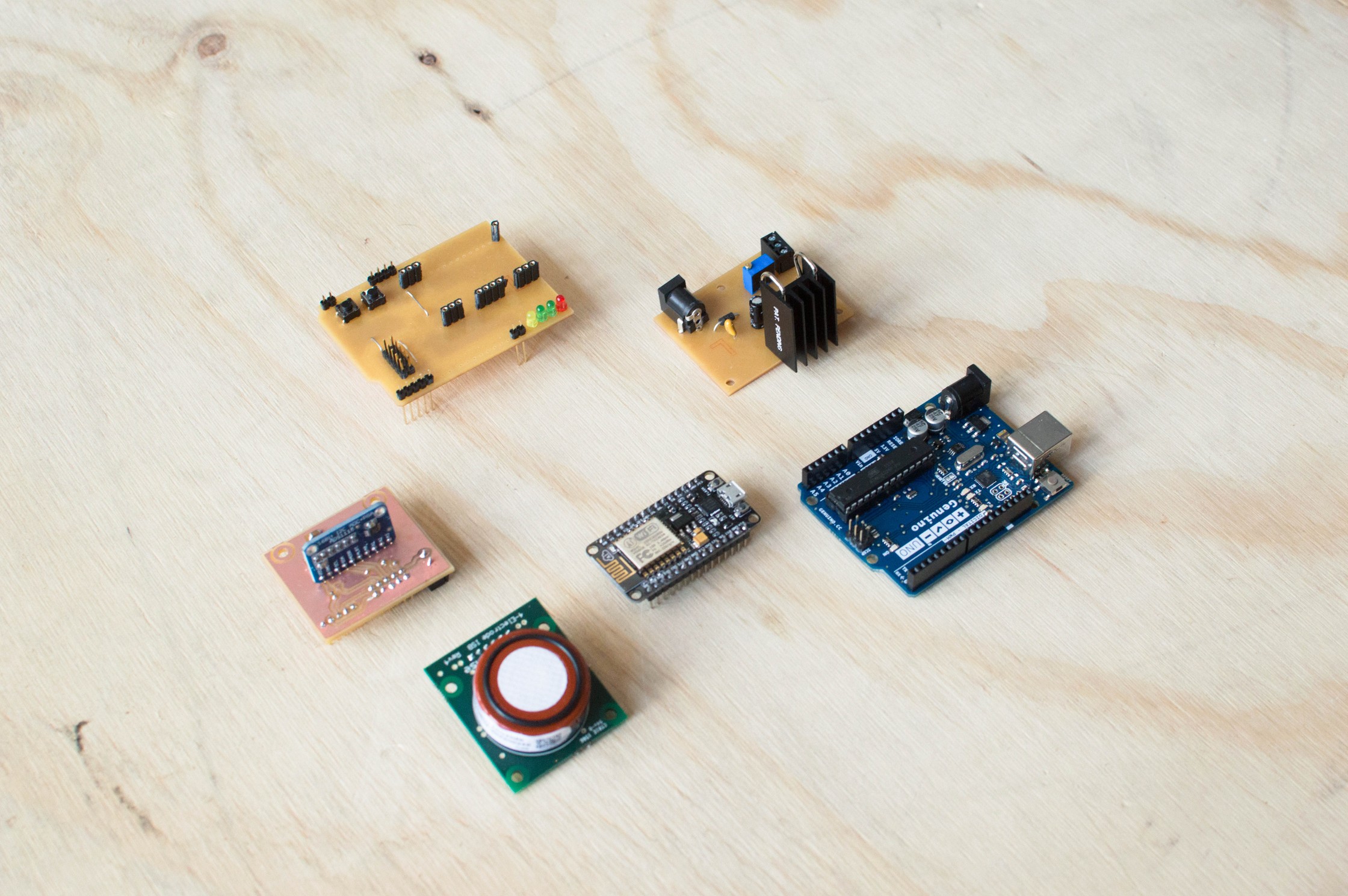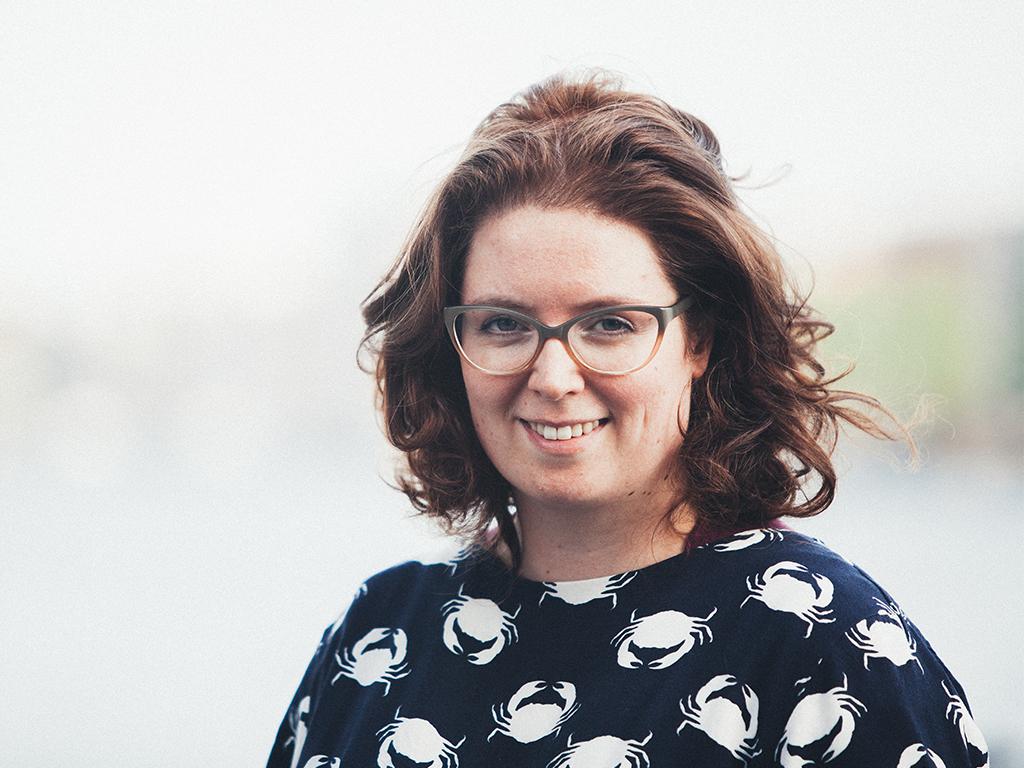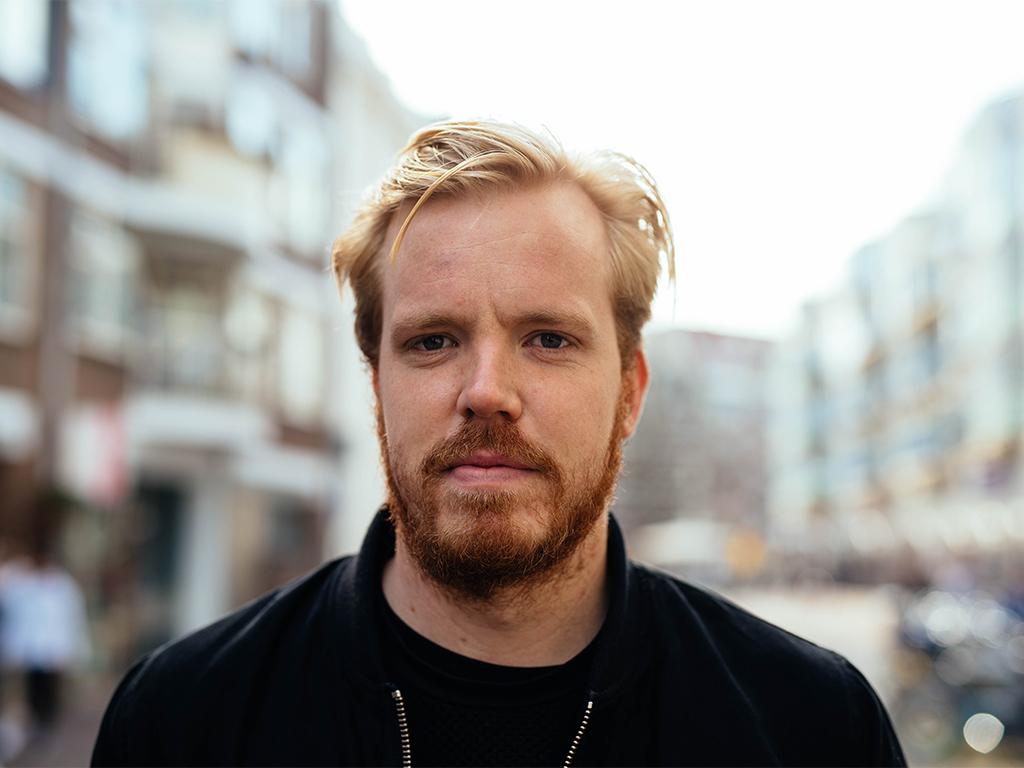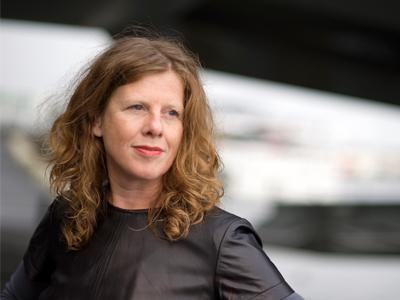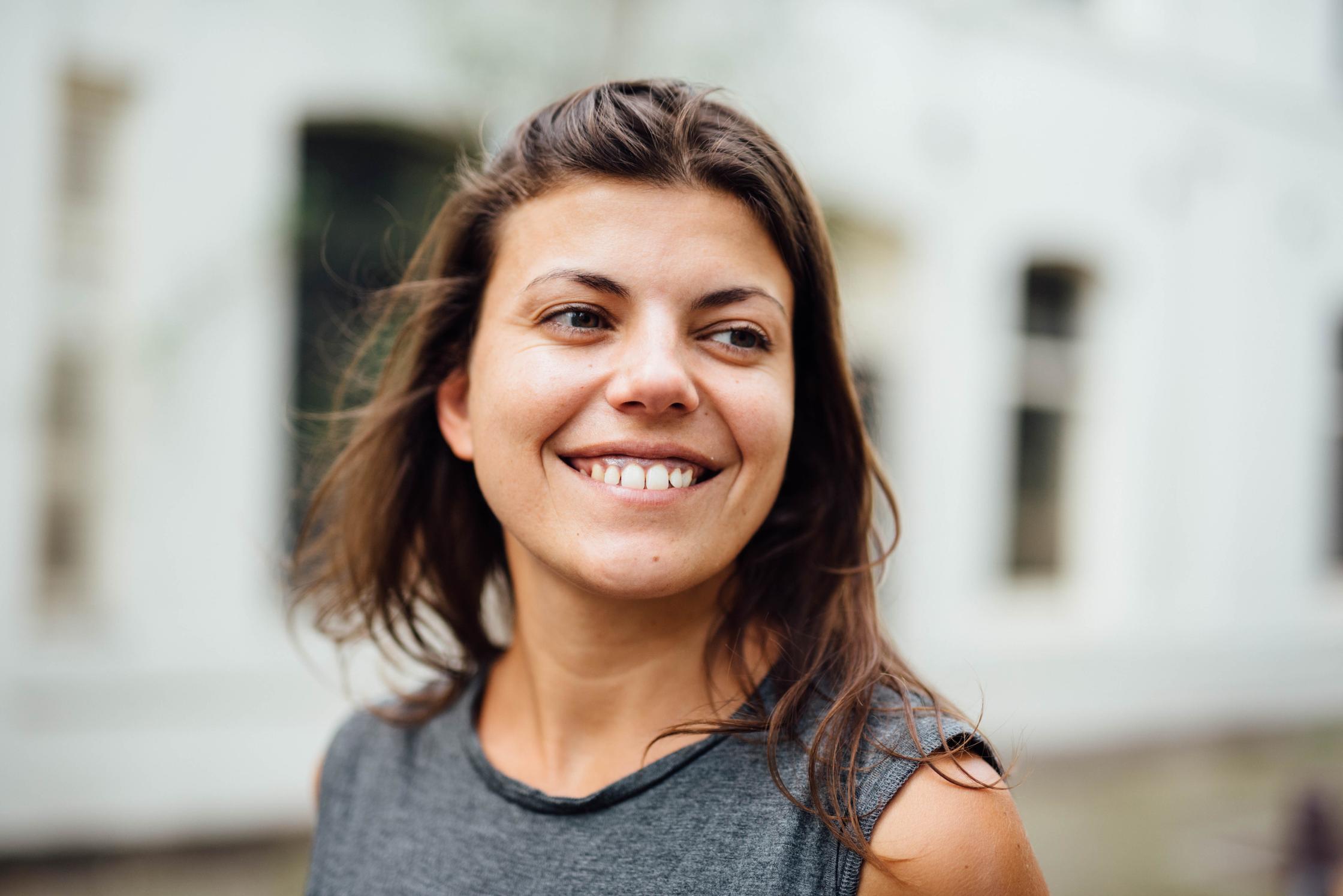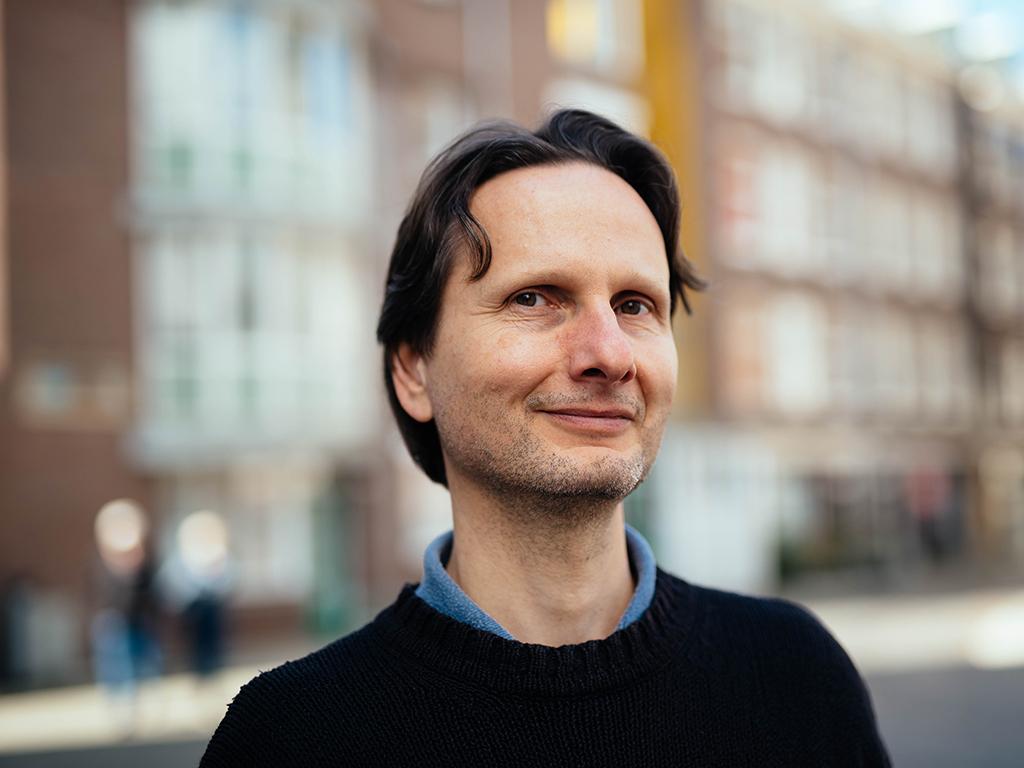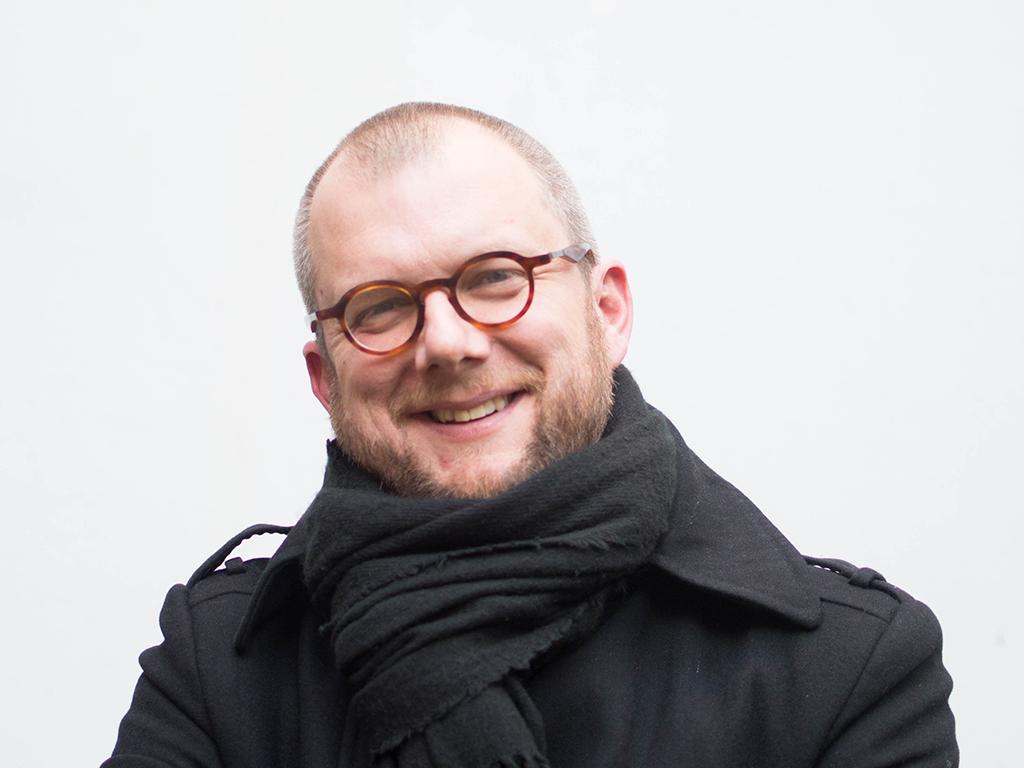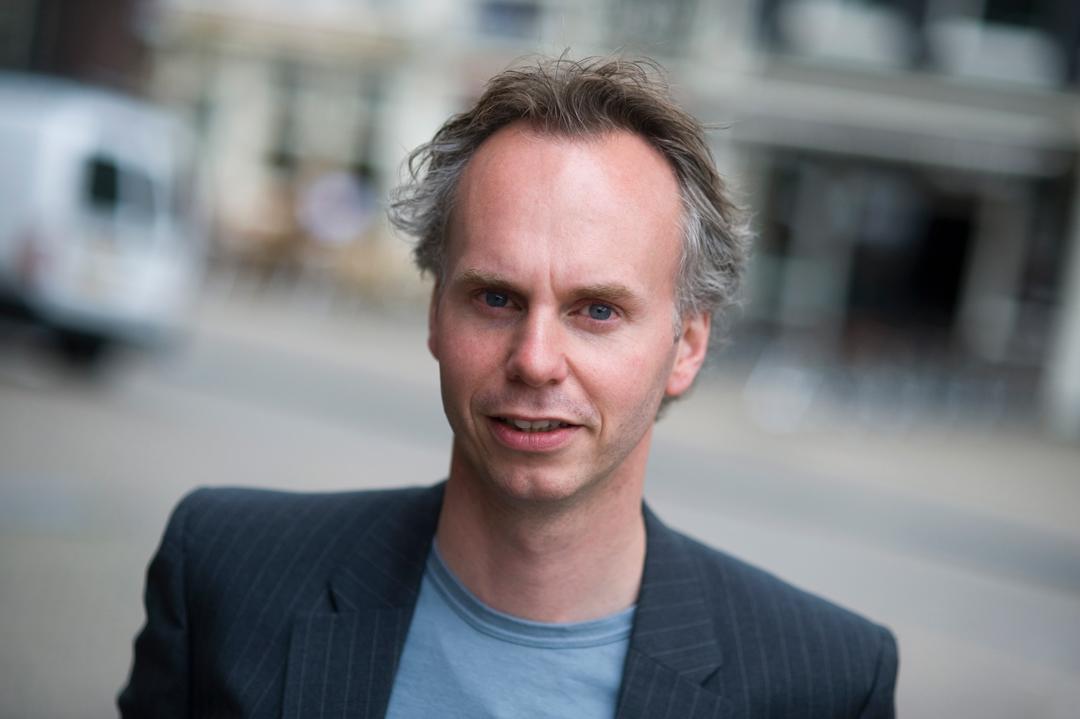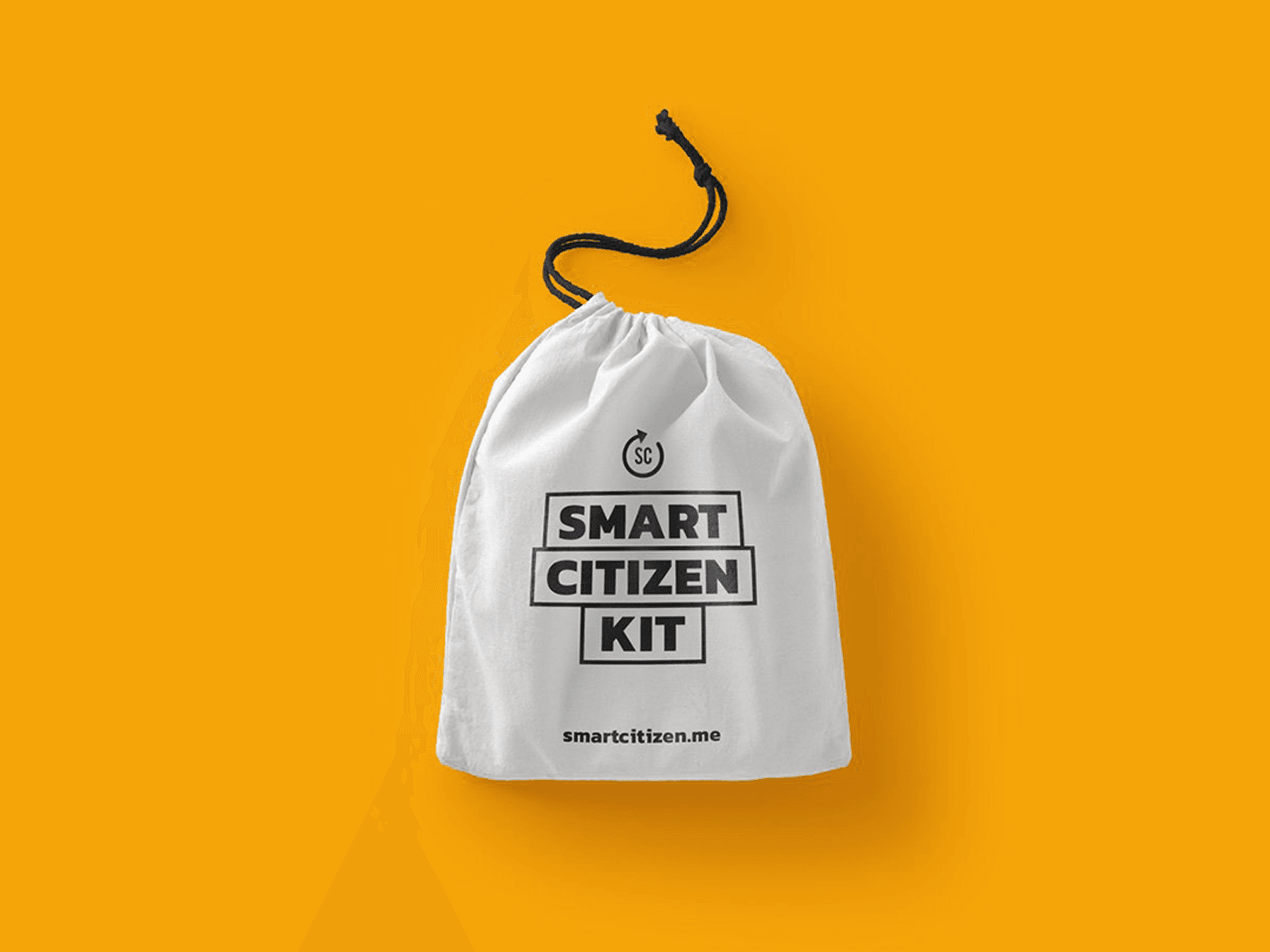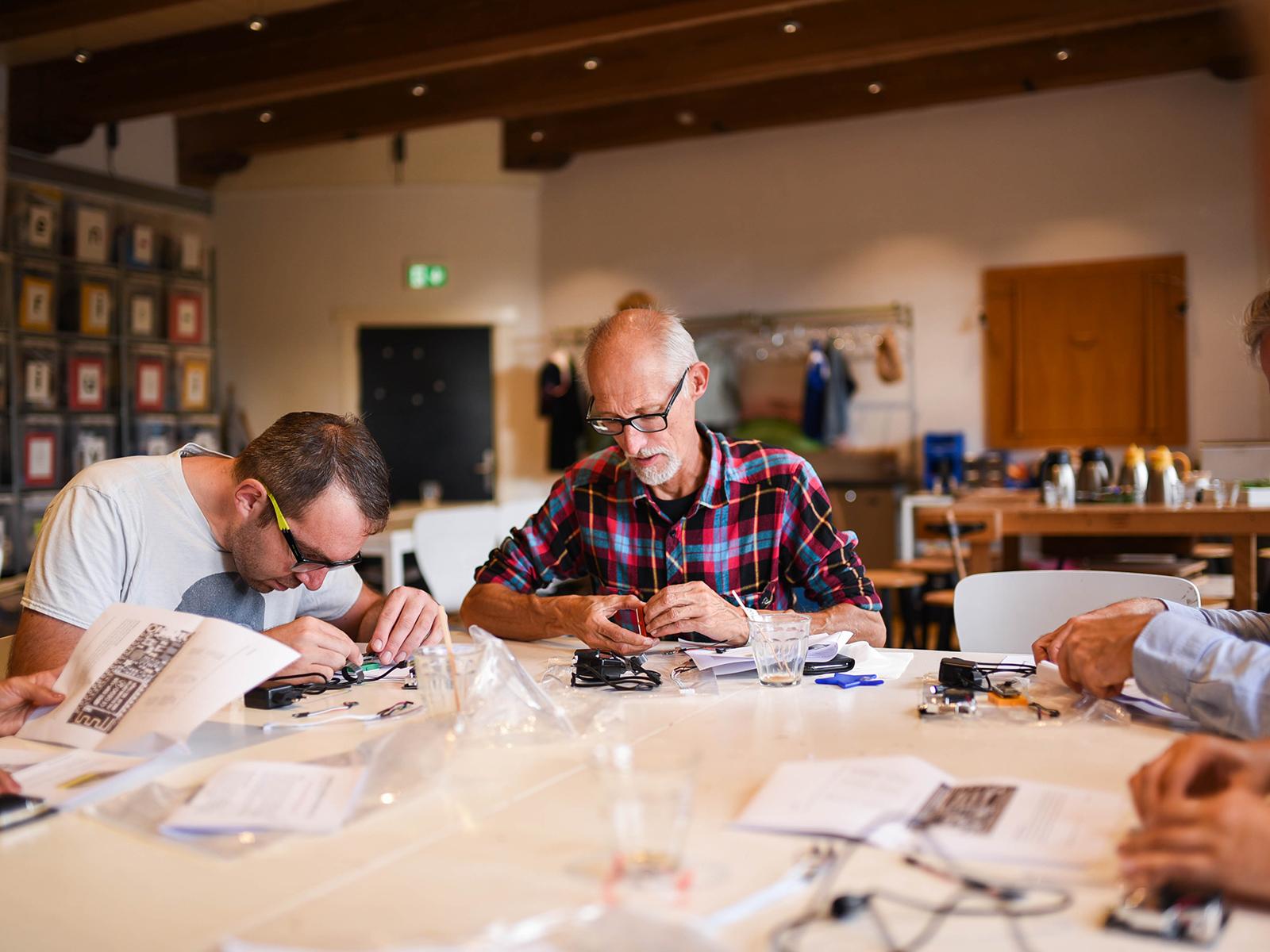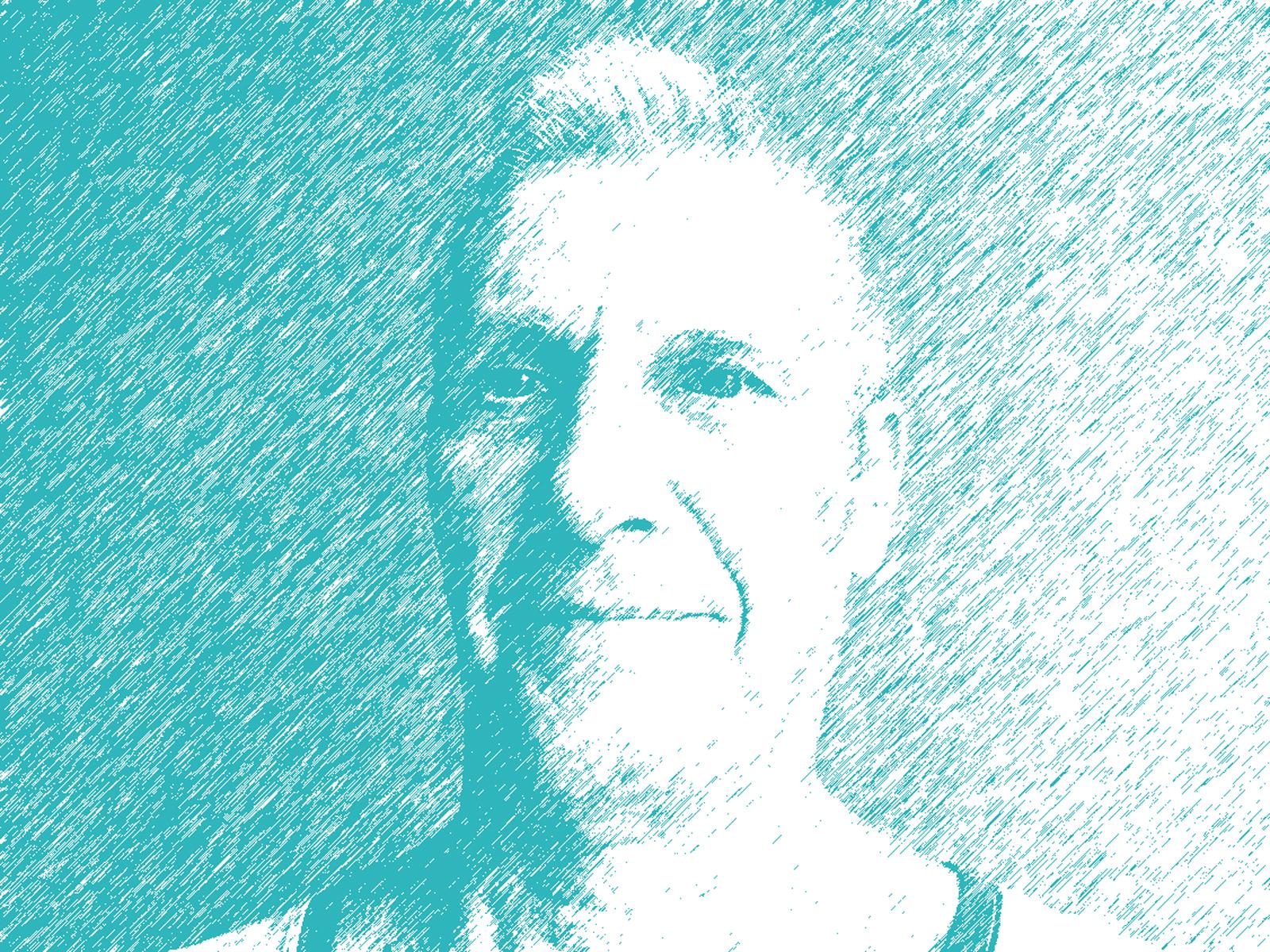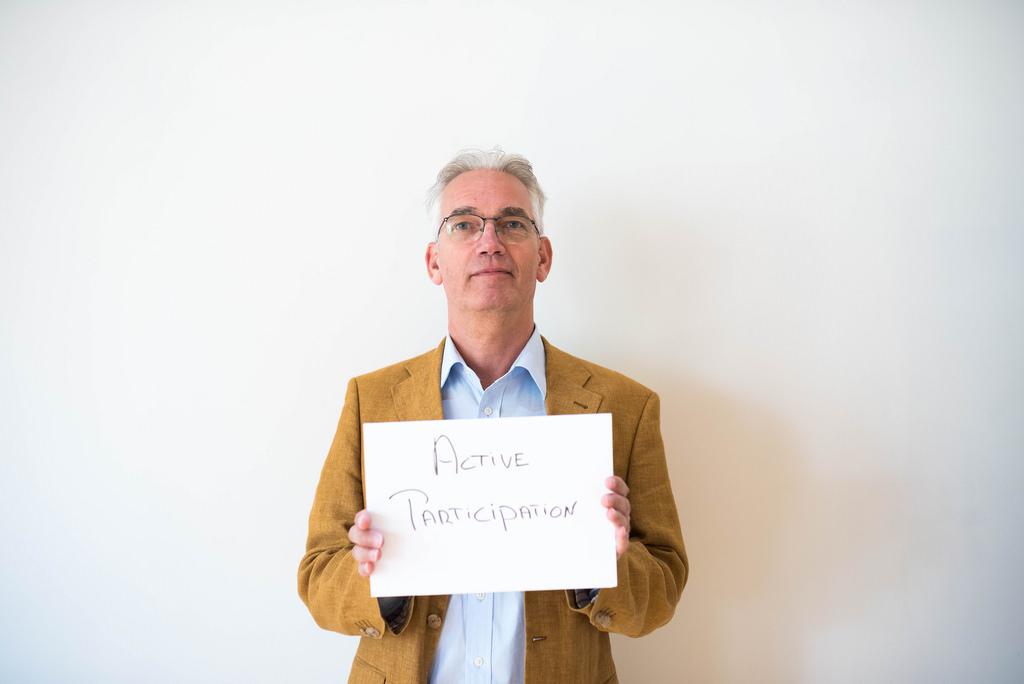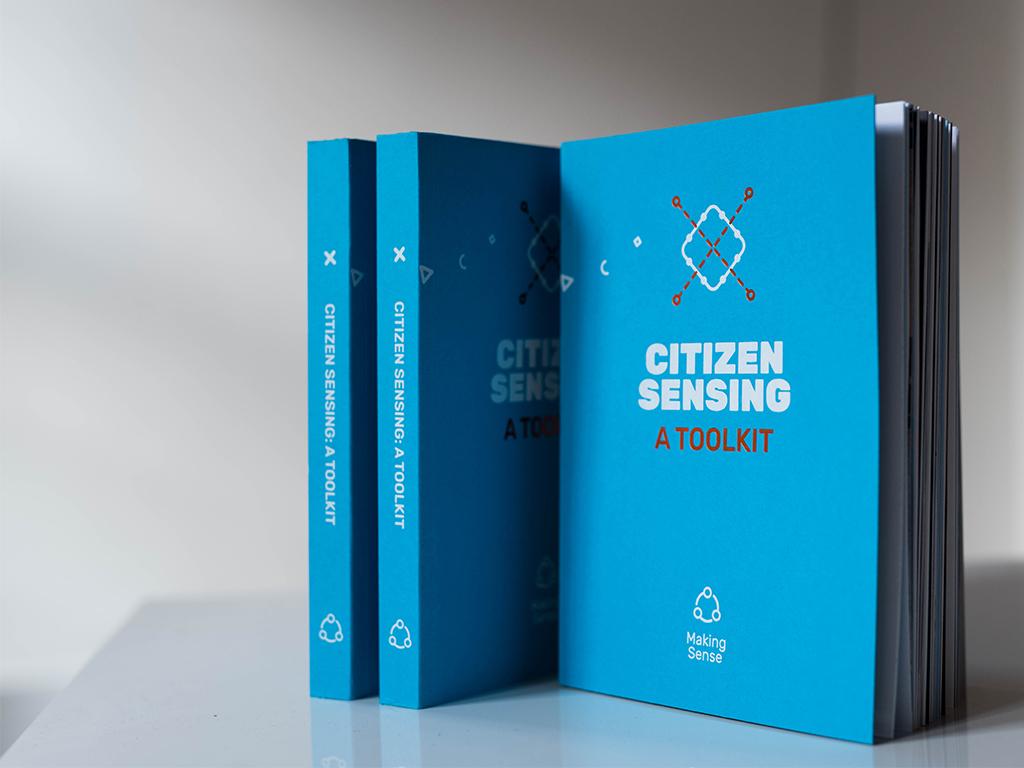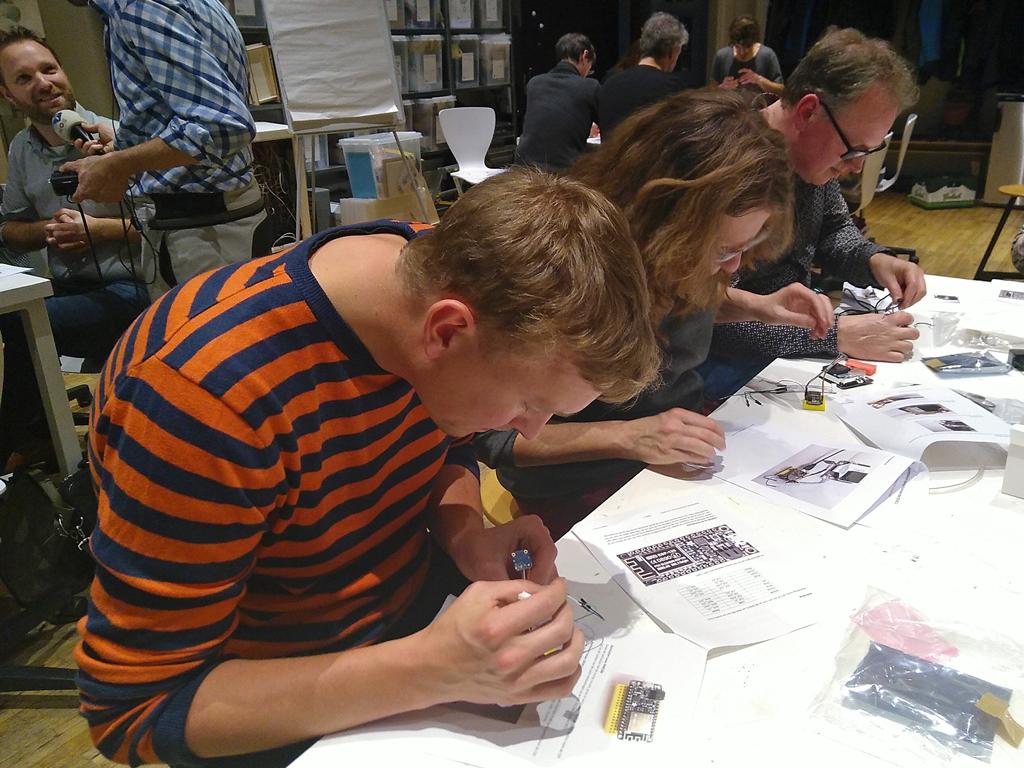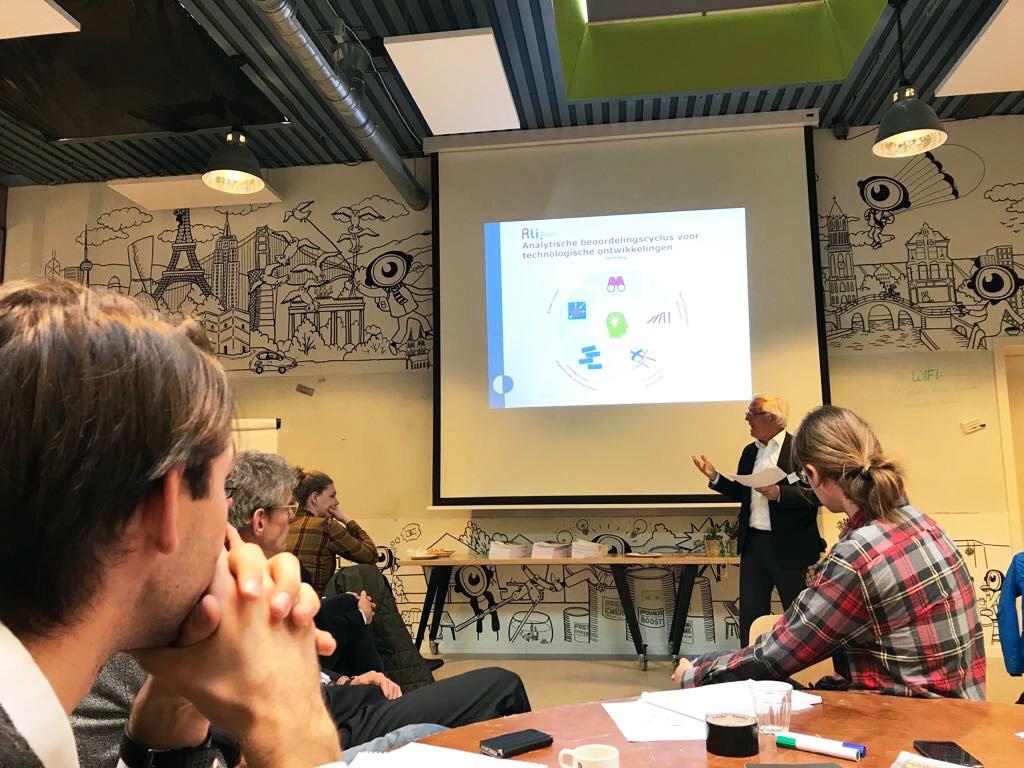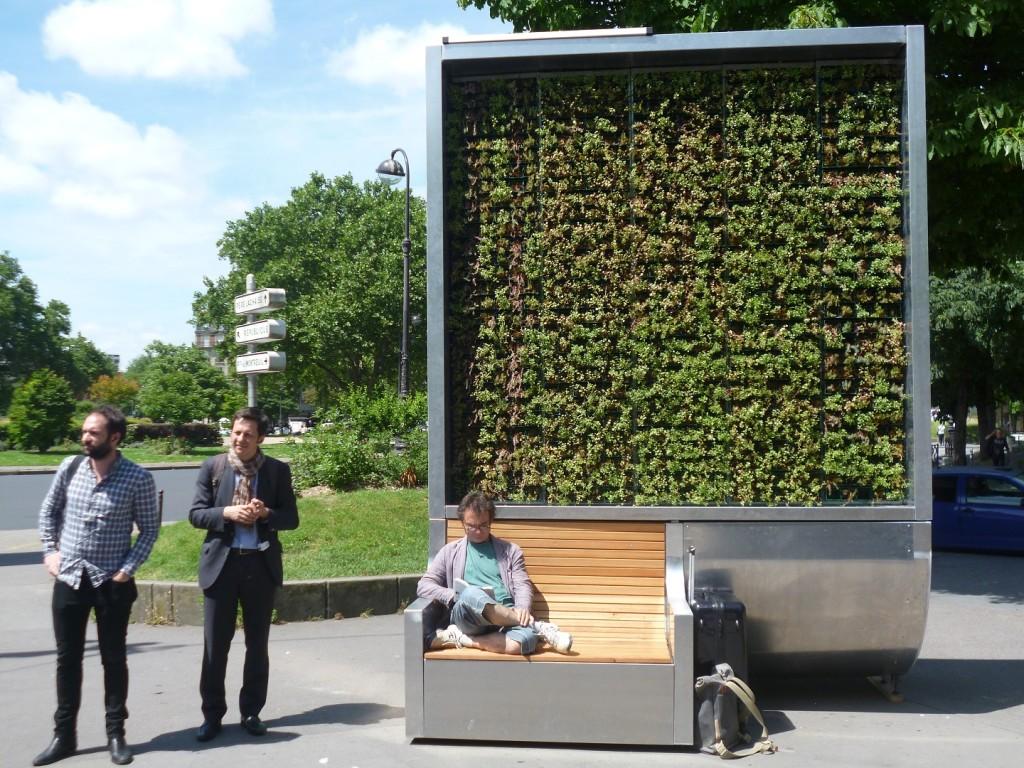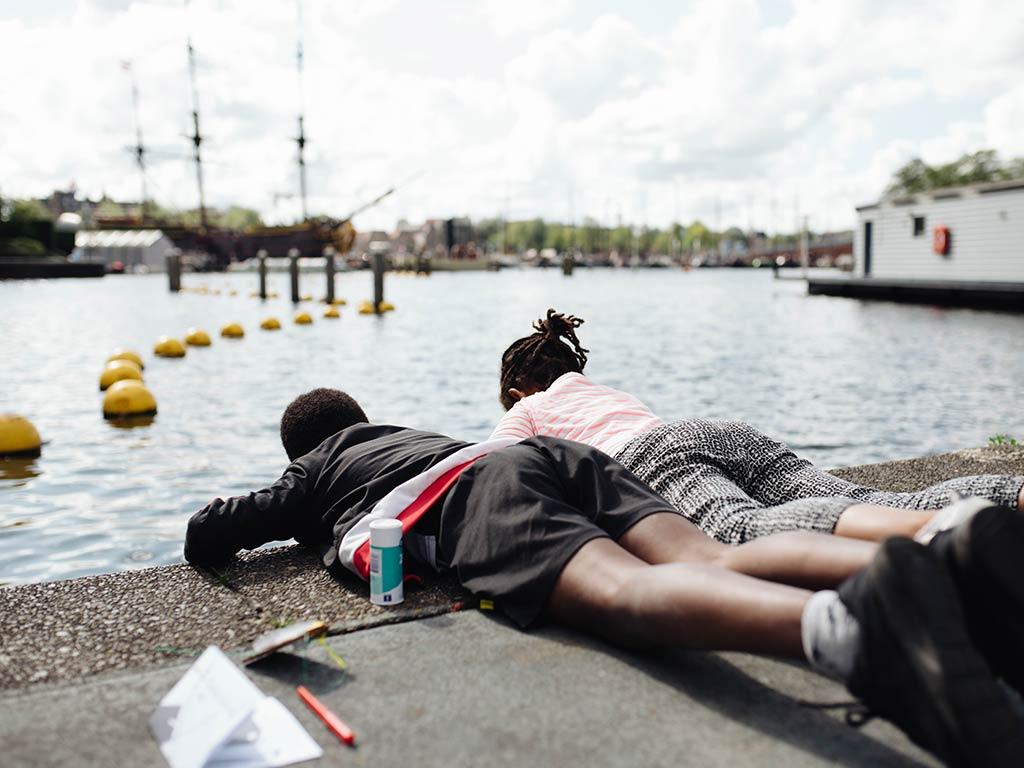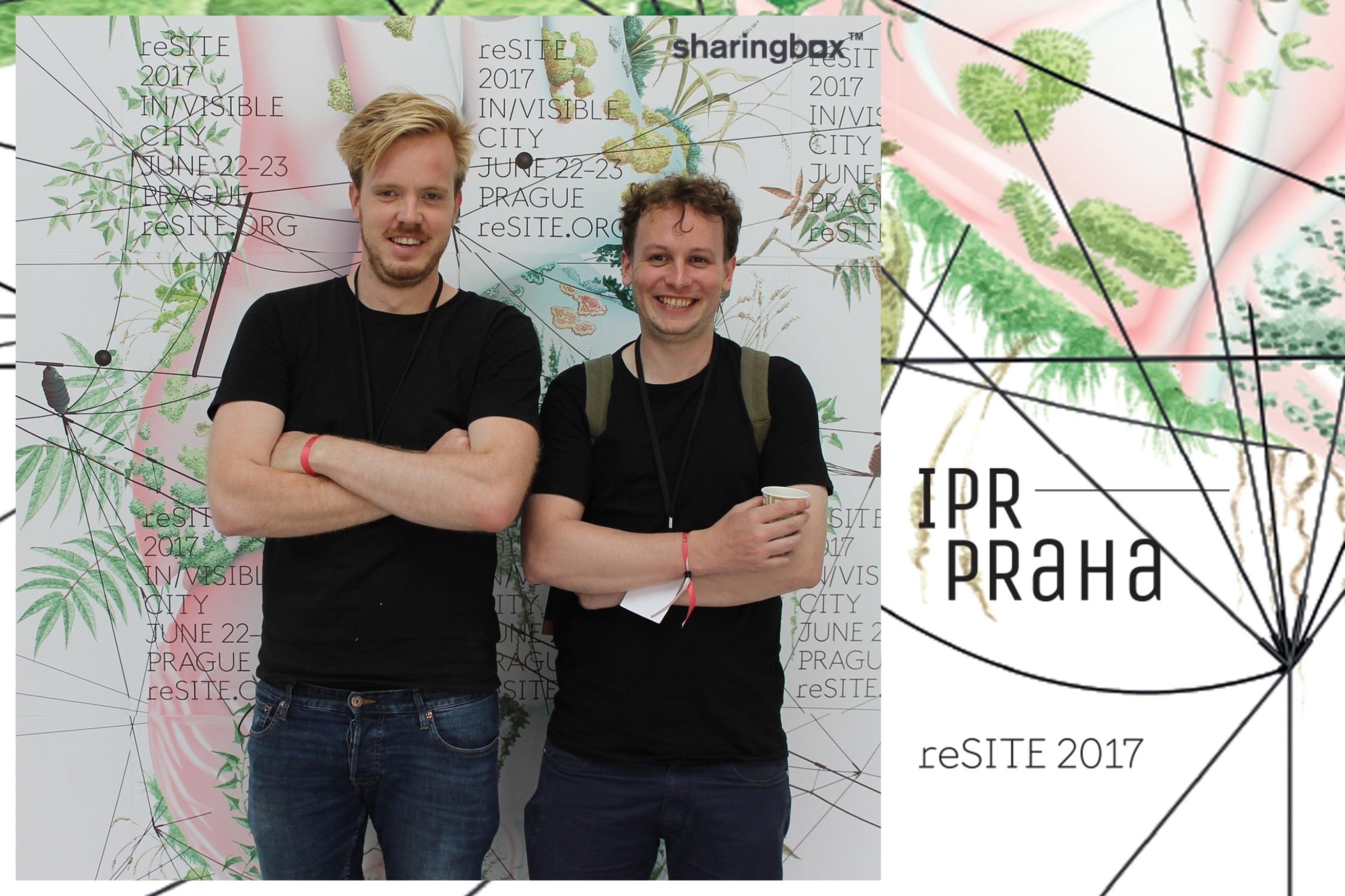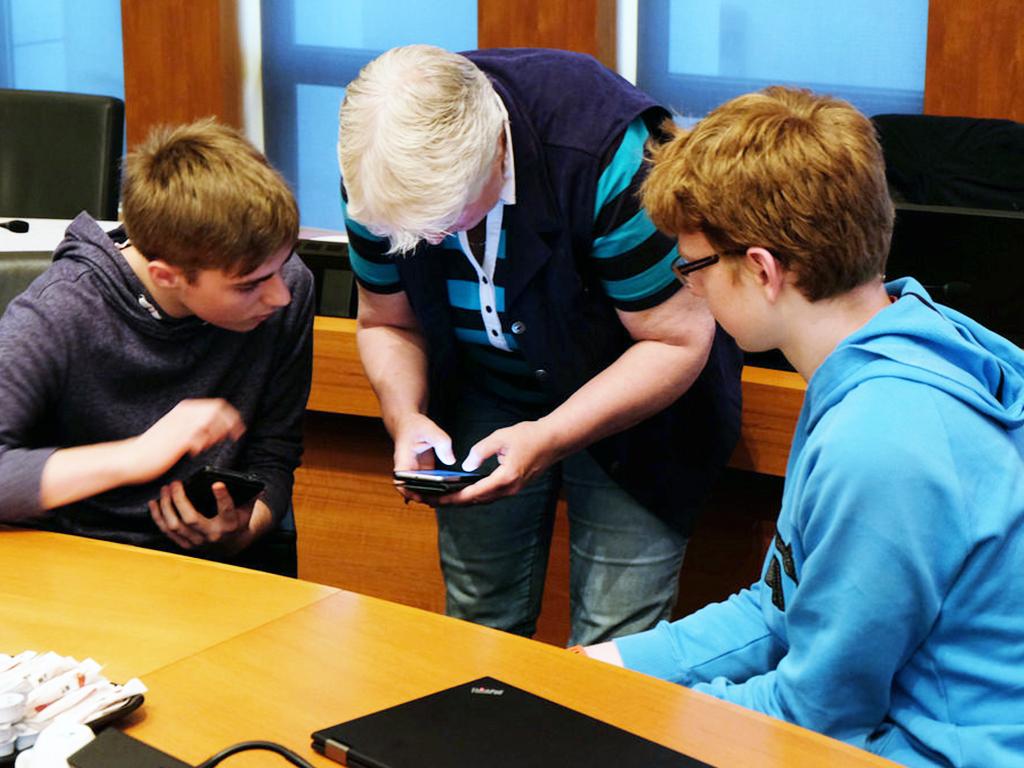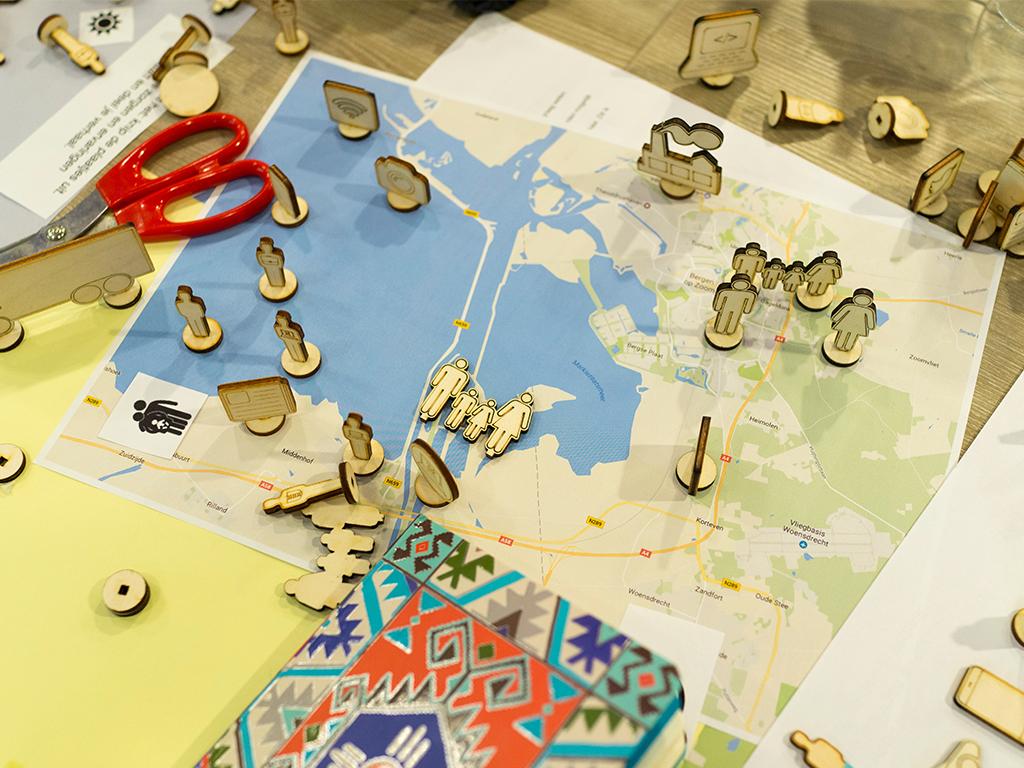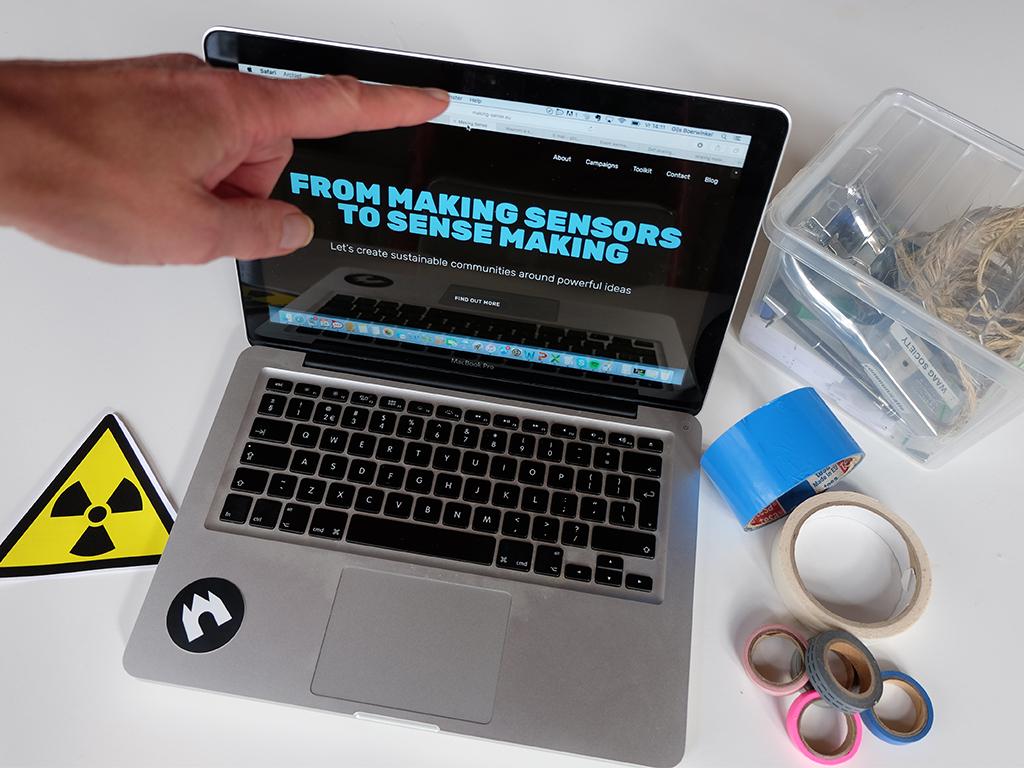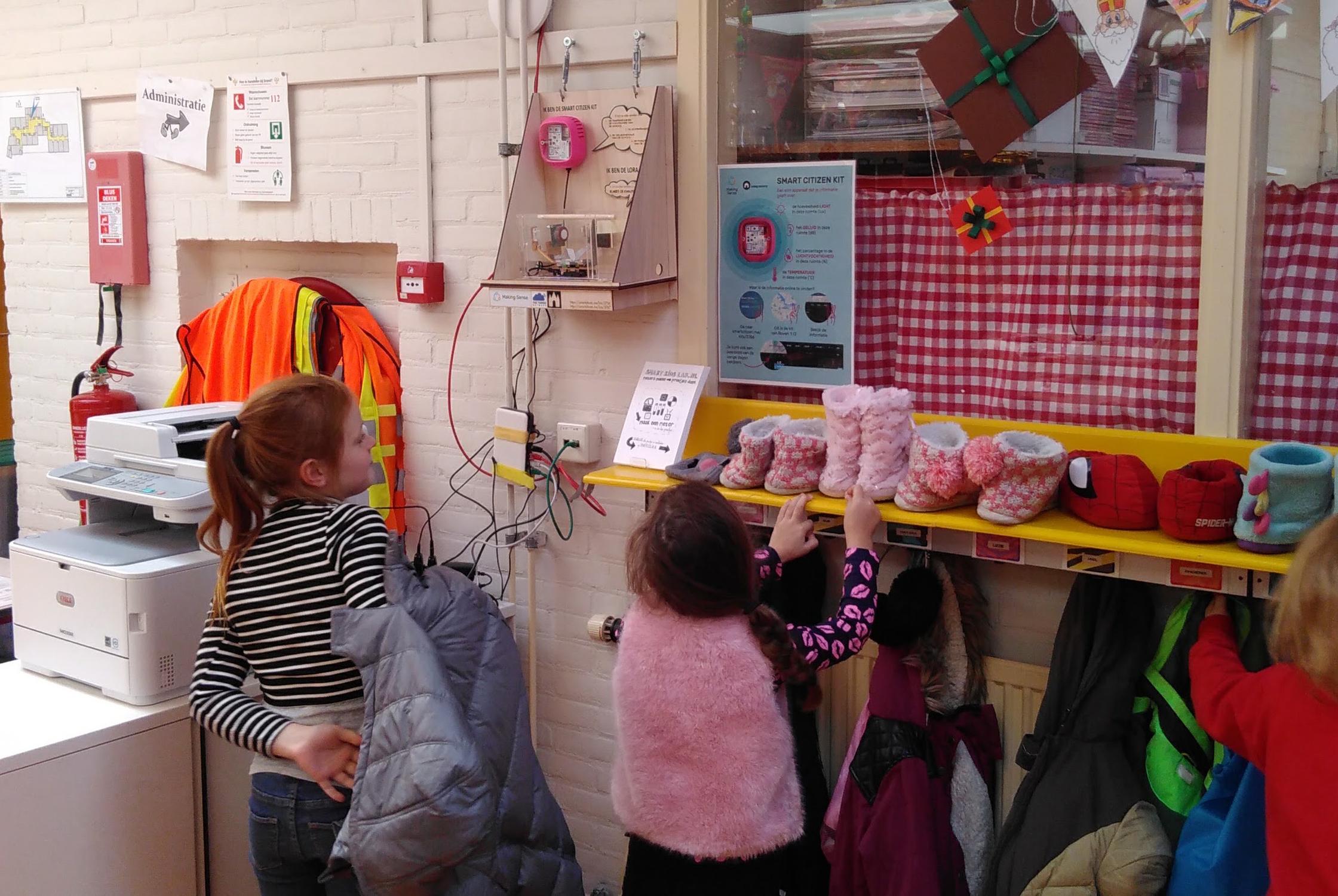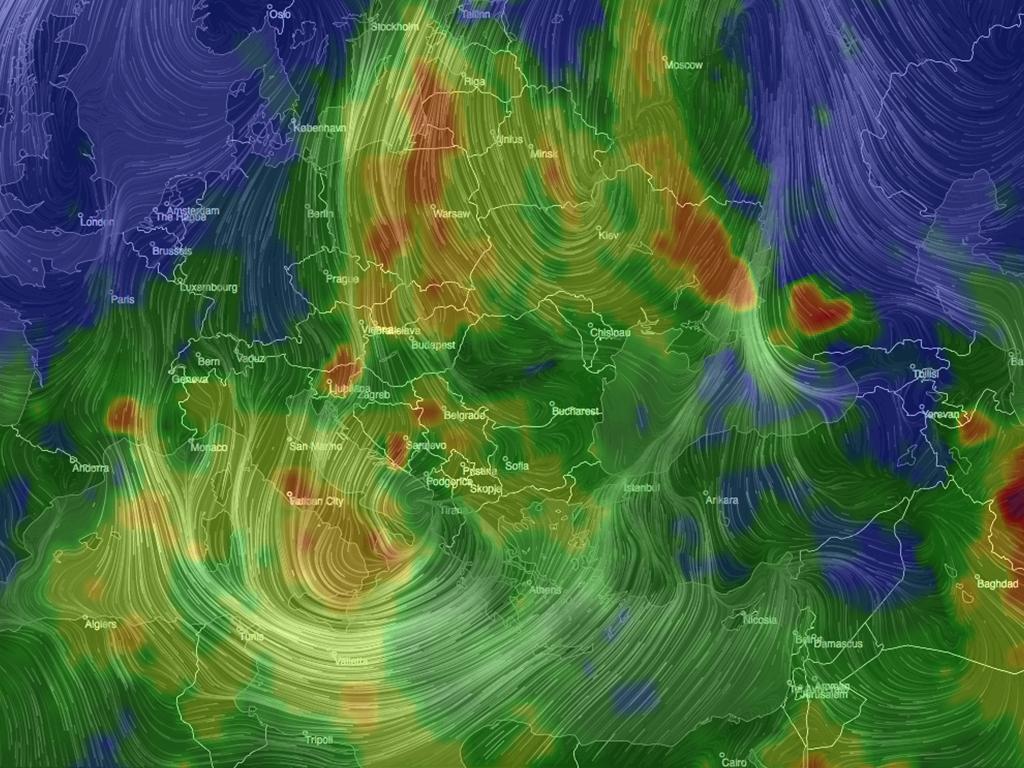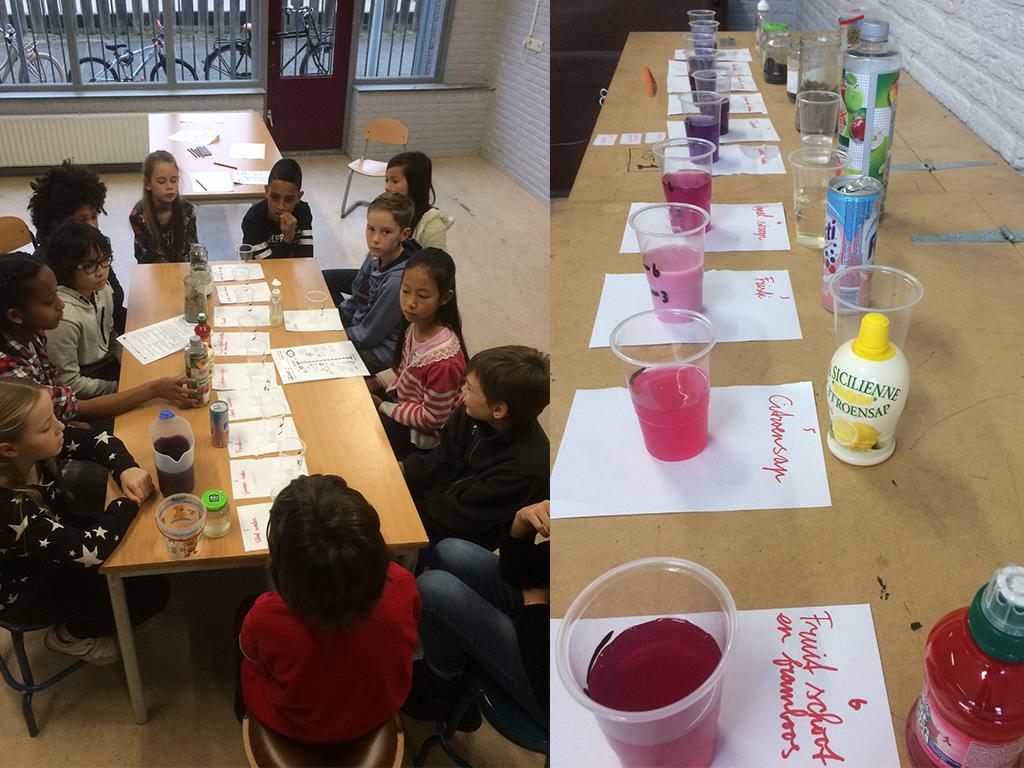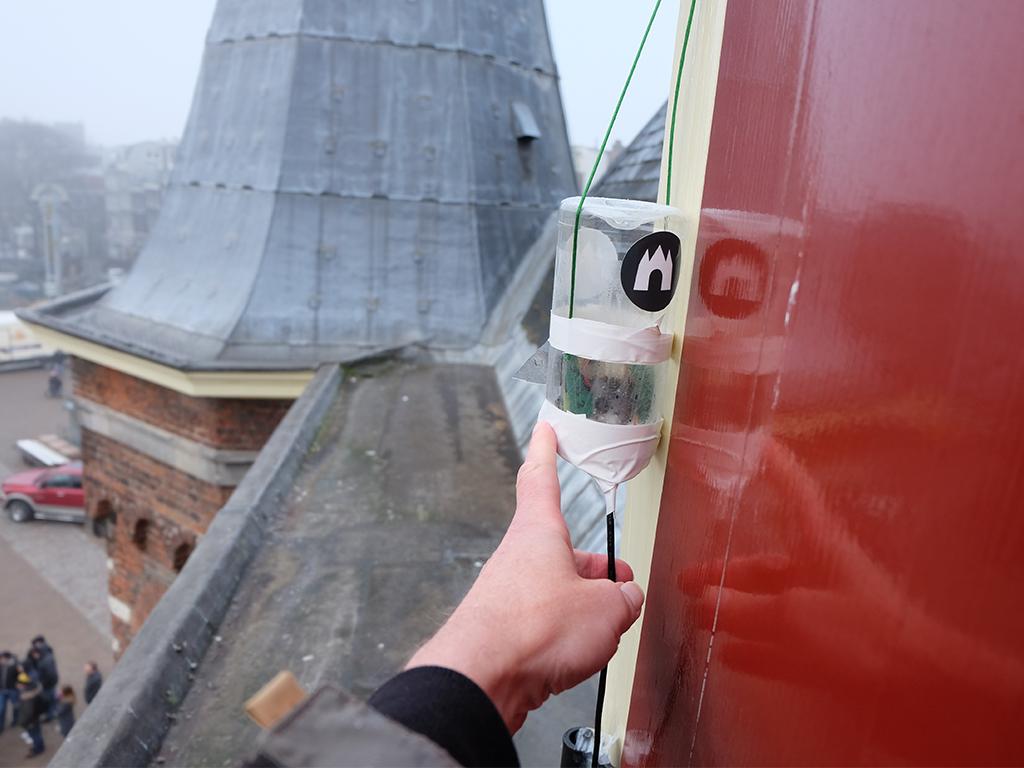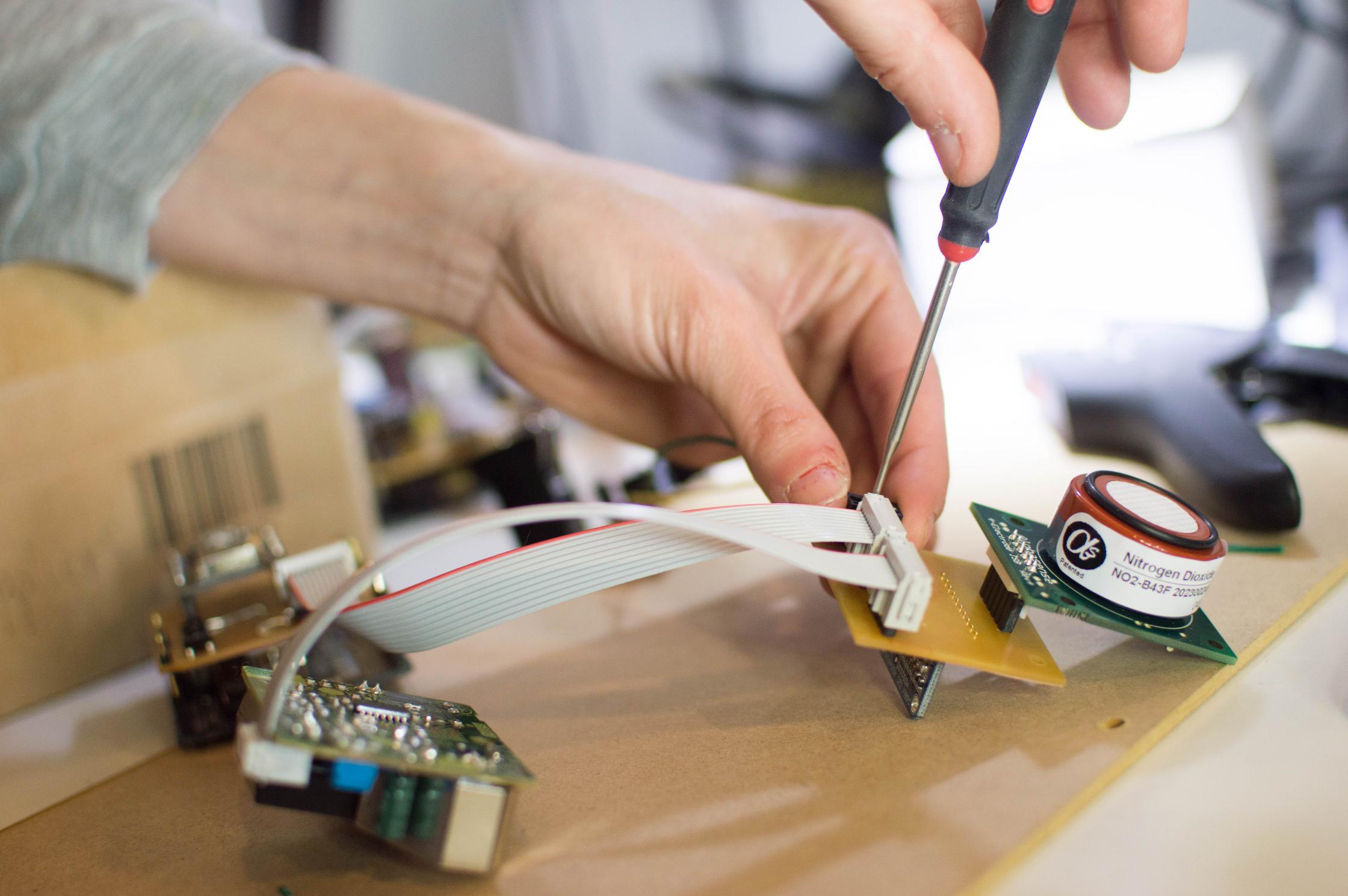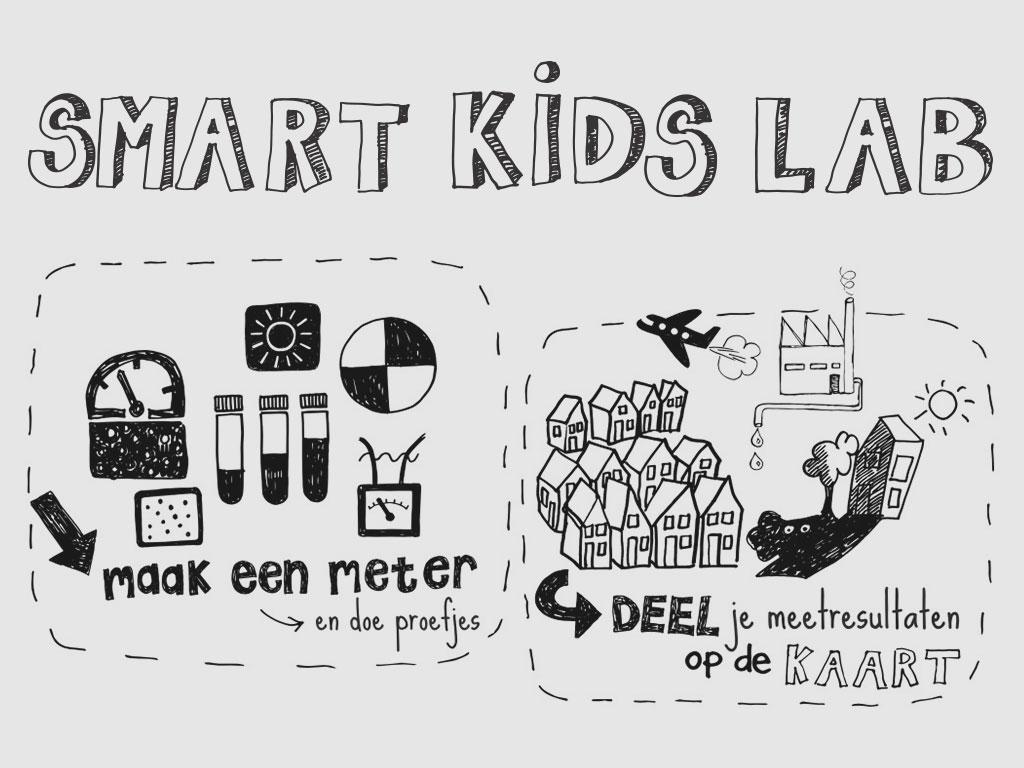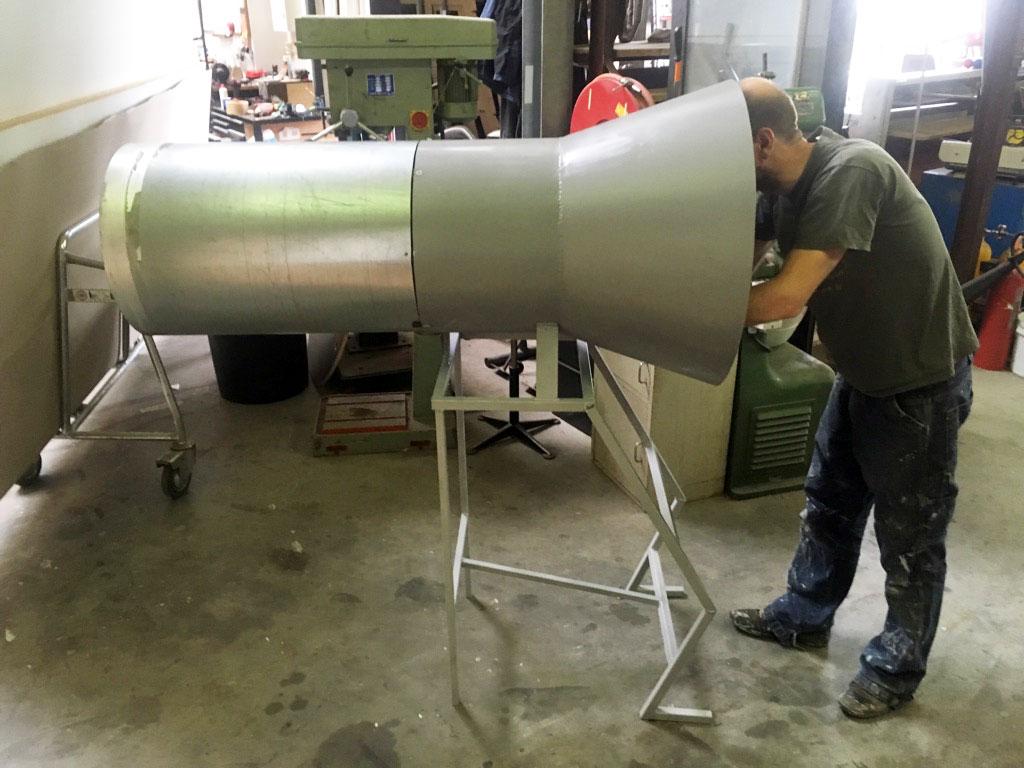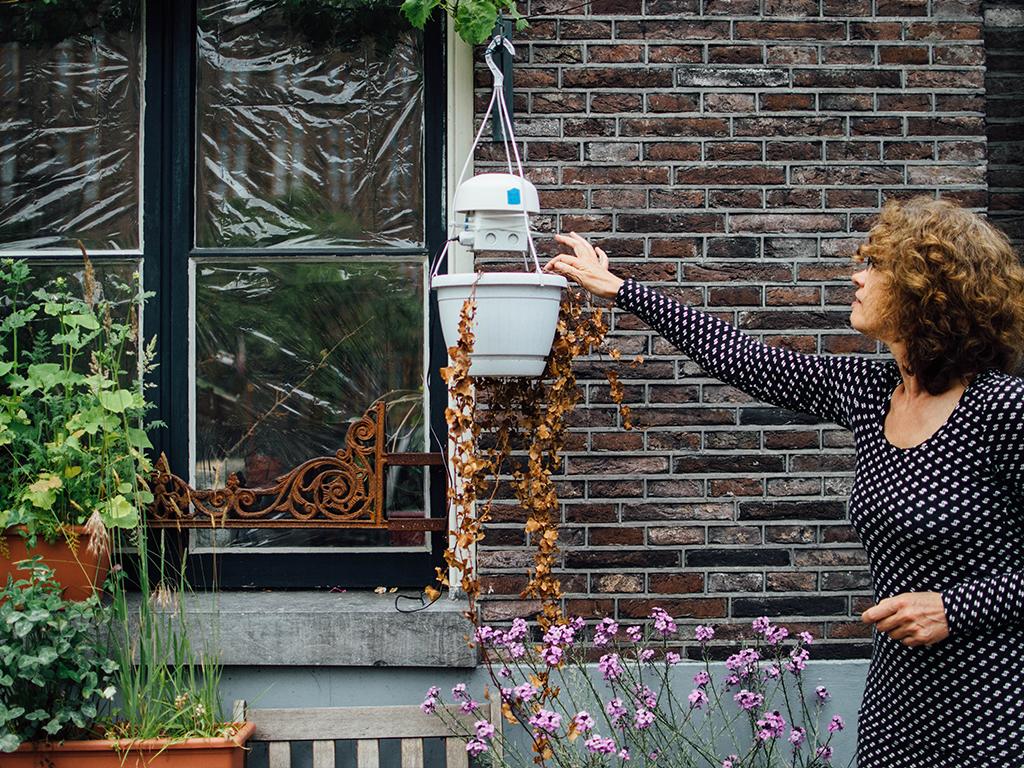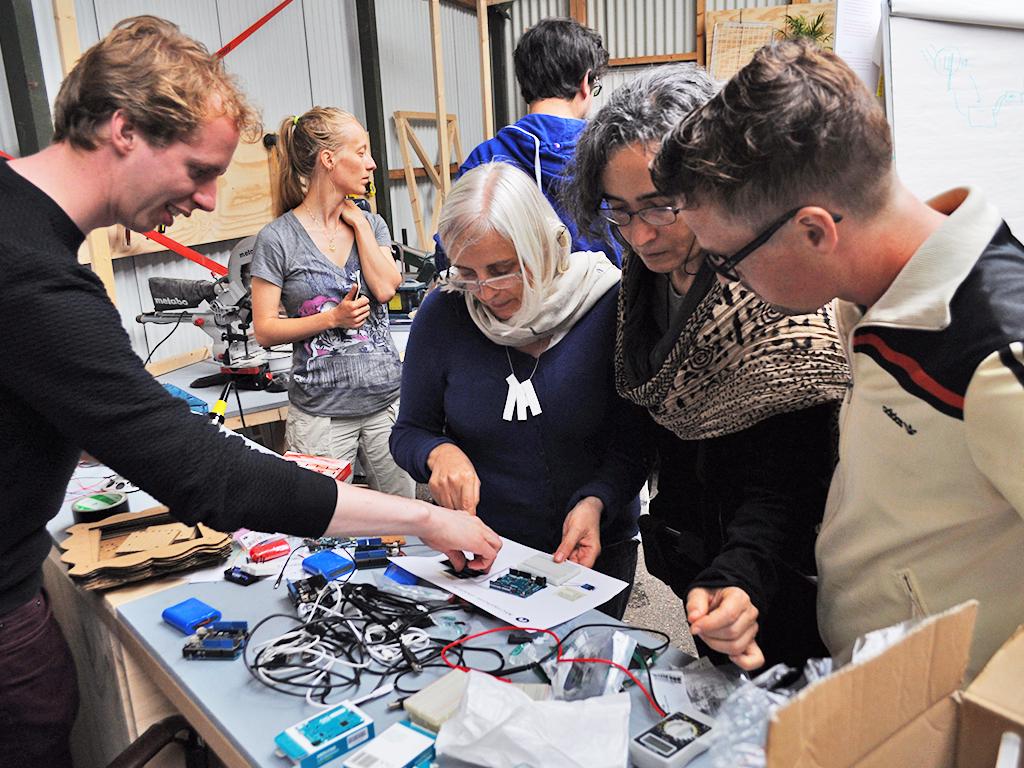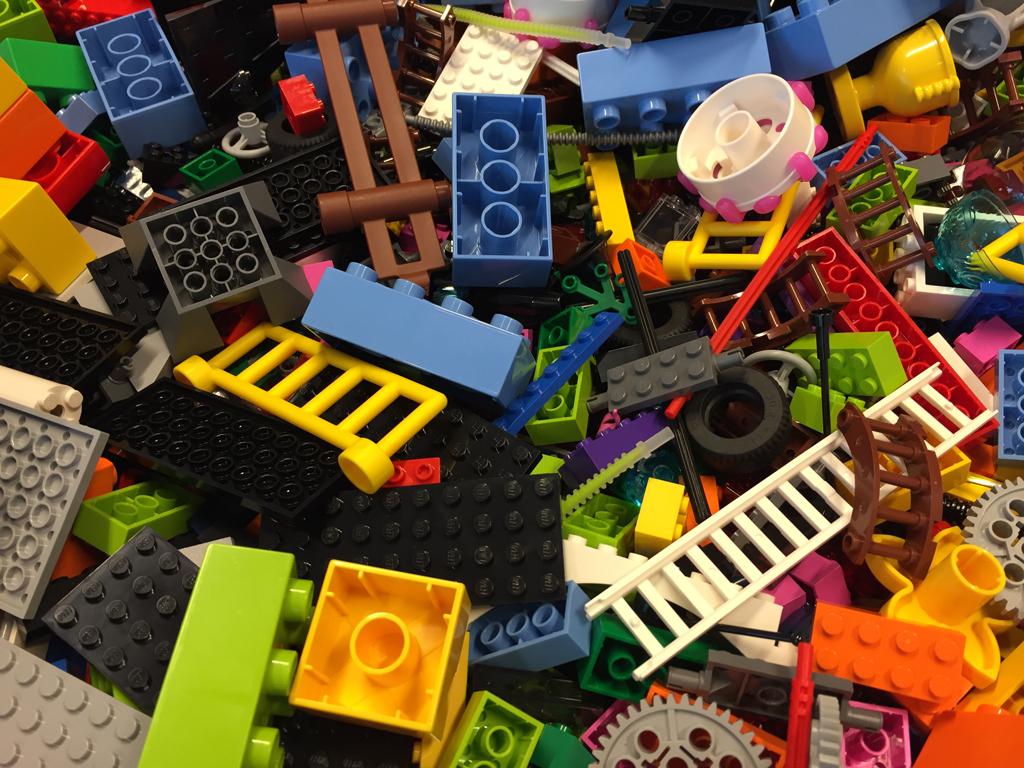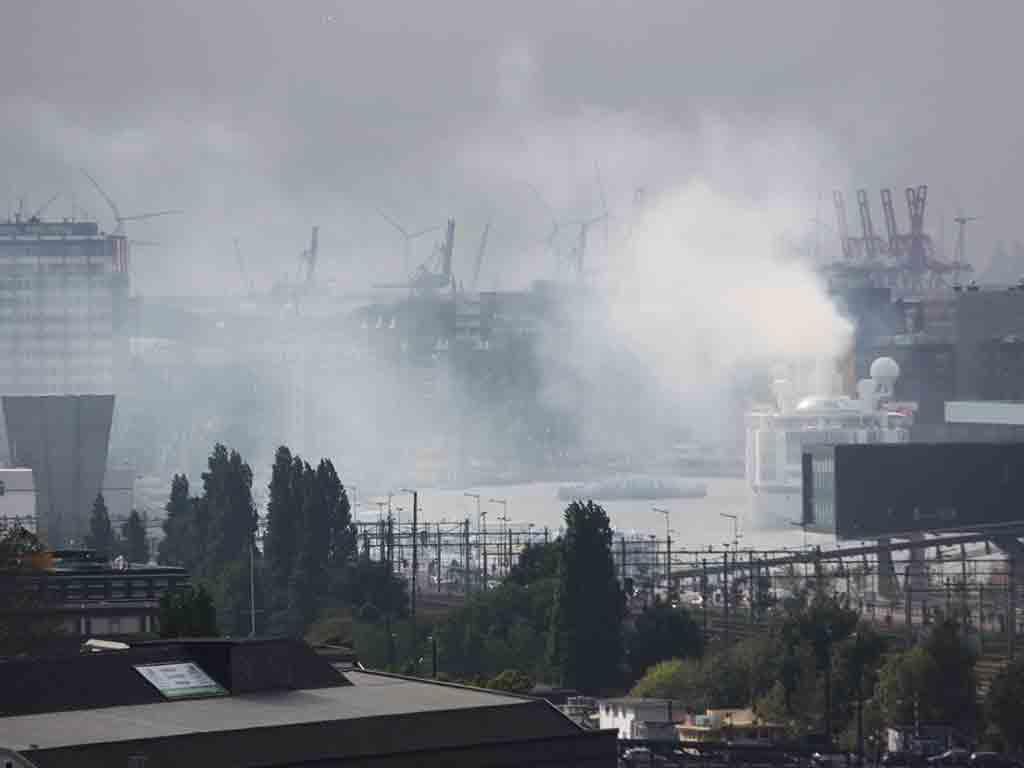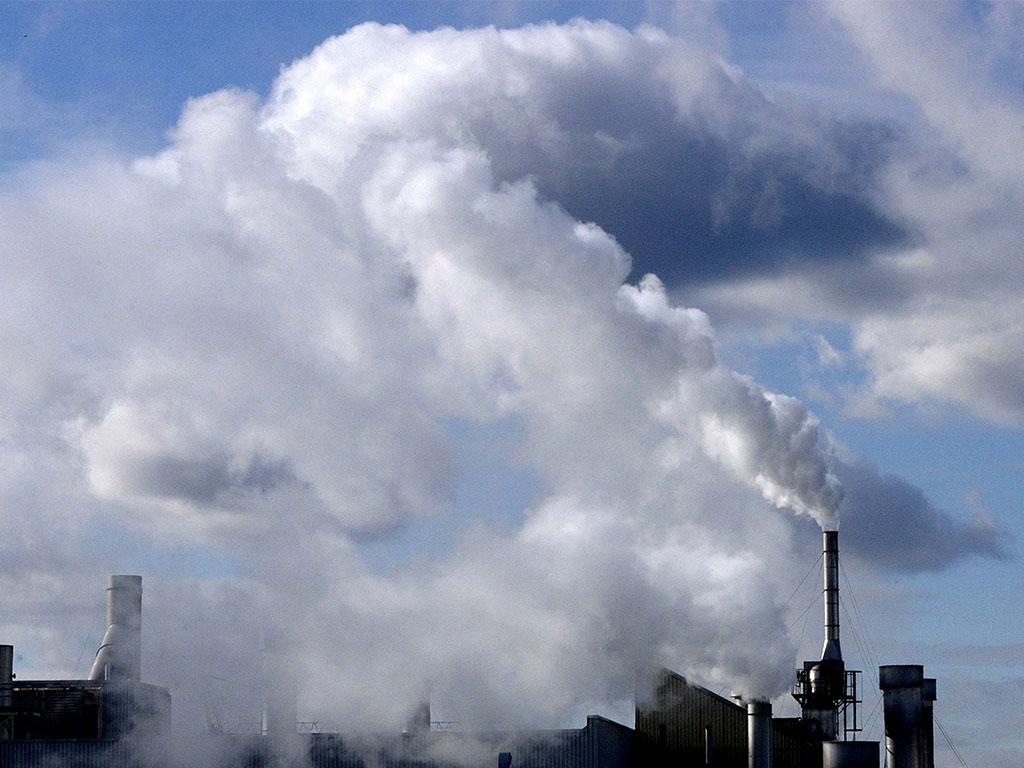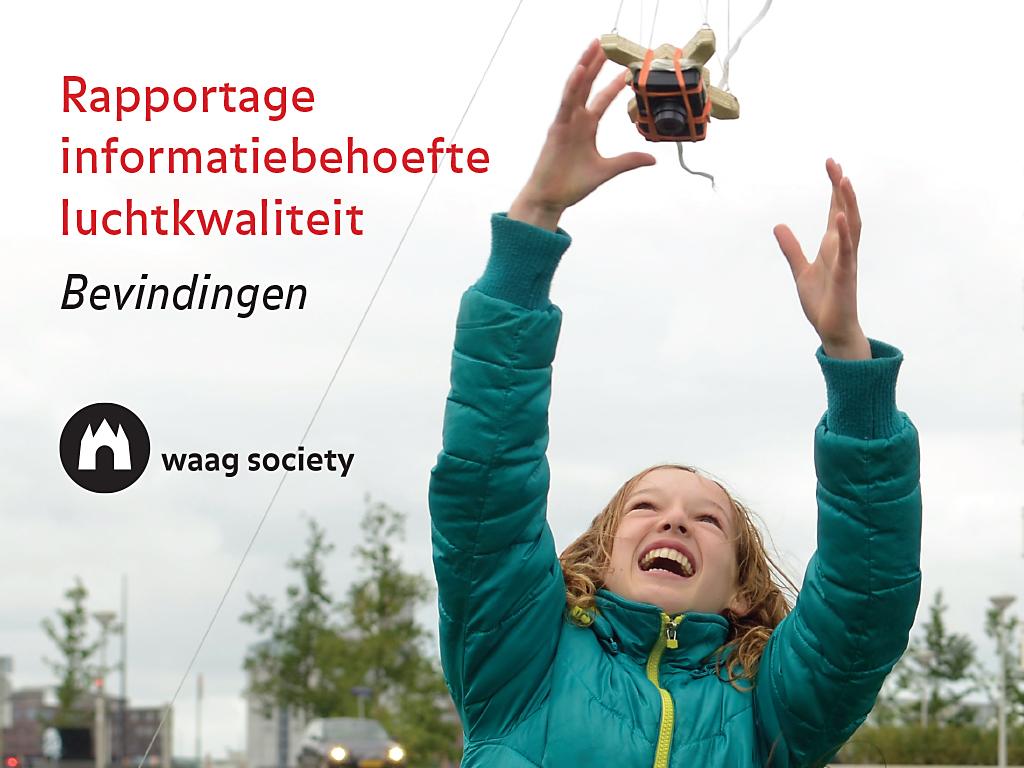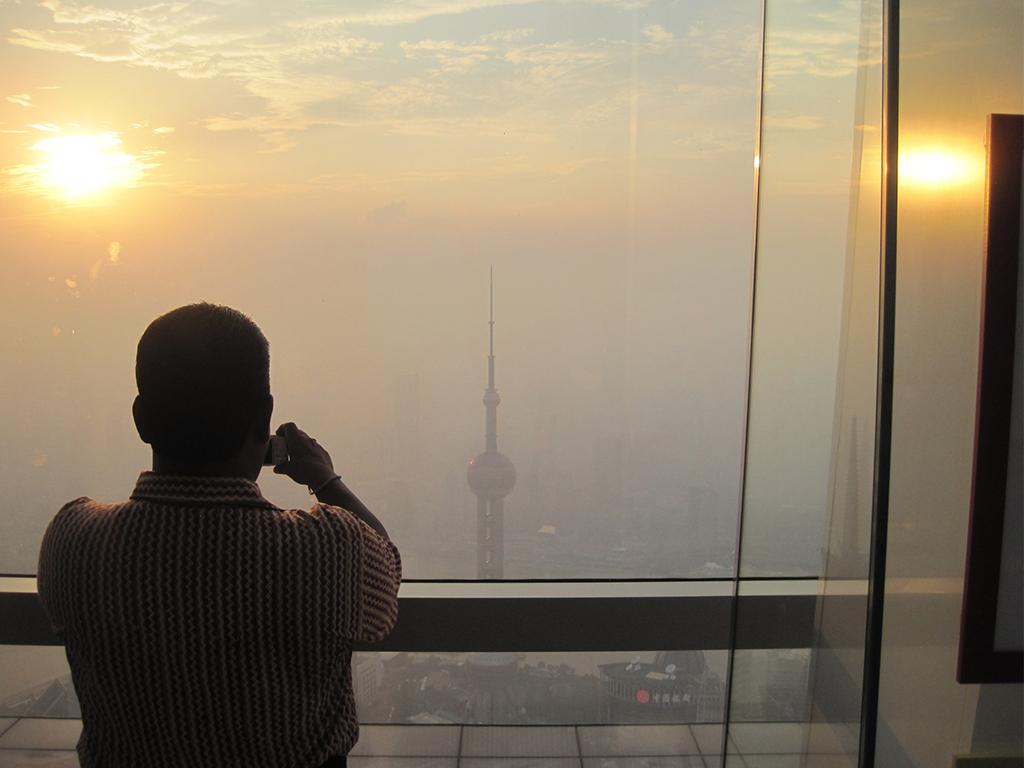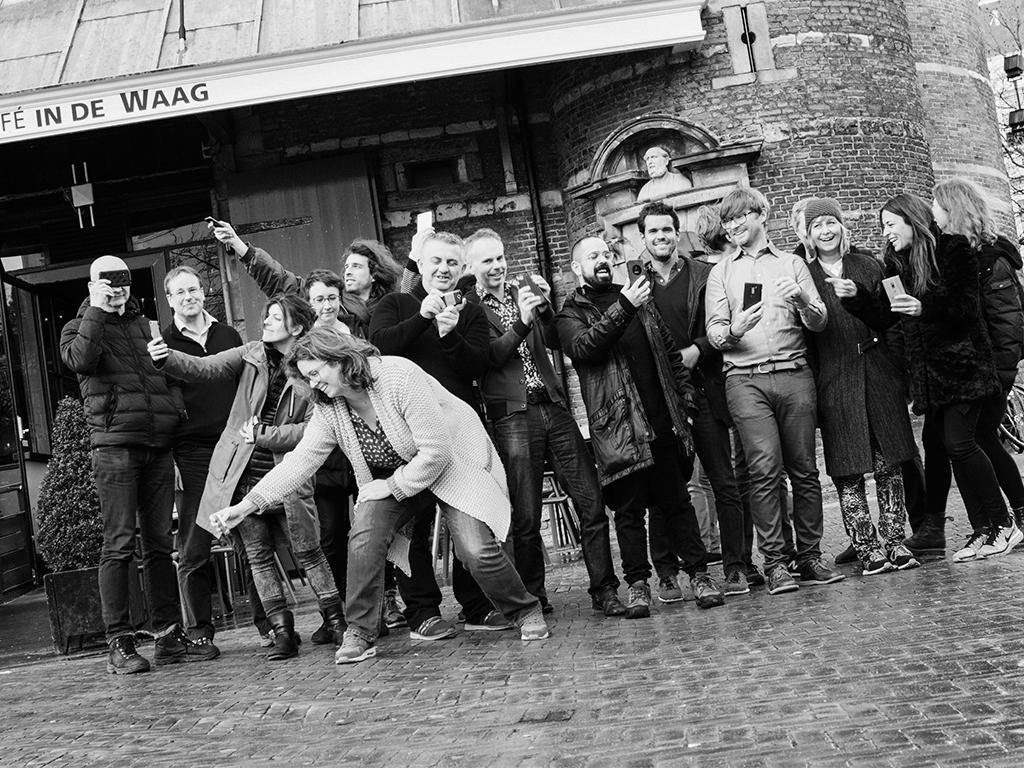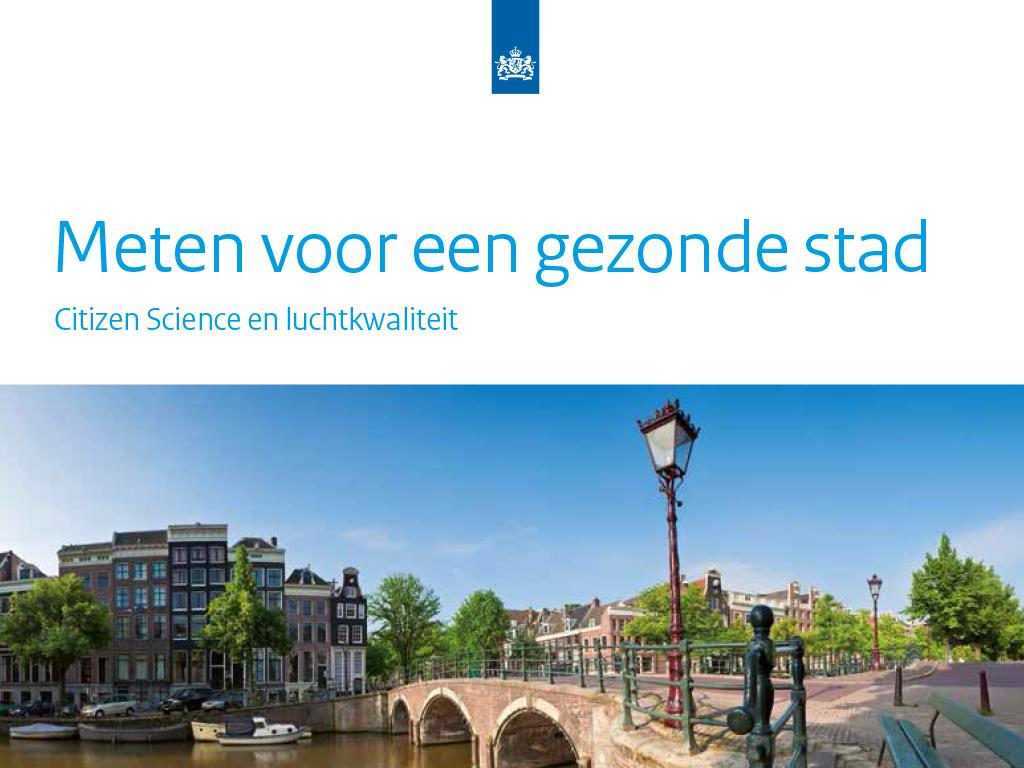The raise of Fablabs and other maker spaces is creating new opportunities for citizen-driven innovation in domains ranging from open hardware to digital fabrication, community informatics, and participatory sensing.
In the past five years, the broad availability of open hardware tools, the creation of online data sharing platforms, and access to maker spaces have fostered the design of low-cost and open-source sensors that citizens can appropriate to engage in environmental action. By collectively measuring and making sense of their environment, citizens can become aware of how their lifestyle affects the ecosystem and be inspired to adopt more sustainable behaviour.
Official bodies typically measure environmental qualities with sparse networks of high quality sensors, and the resulting data are analysed to inform policy and regulations. At the same time, with the exception of extreme cases like smog pollution, citizens tend to be unaware of the health threats that they are subjected to on a daily basis.
Moreover, they lack the means to act on their own behalf. By encouraging and enabling the creation of bottom-up sensor networks, and sharing the resulting data and knowledge, the EU-funded project Making Sense aimed to add to the available data and understanding, and contribute to a healthier and cleaner environment.
Toolkit
Making Sense showed how open-source software, open-source hardware, digital maker practices and open design can be used by local communities to make sense of their environments. It developed a Citizen Sensing toolkit for bottom-up citizen science.
Amsterdam pilots
- Urban Airq
- Smart Kids Lab
- Making sense of gamma radiation
Based on these pilots, we developed a framework for participatory environmental maker practices. It shows how to provide citizens and communities with tools to enhance their everyday environmental awareness, to enable active intervention in their surroundings, and to change their individual and collective practices.
Stakeholders and funding
Making Sense ran from November 2015 to the end of 2017. The consortium consisted of Waag (Lead partner - Netherlands), University of Dundee (UK), Peer Educators Network and Science for Change (Kosovo), Institute for Advanced Architecture of Catalonia – IAAC (Spain), and the EU Joint Research Centre (Belgium).
Meta data
Project duration
Links
- Making Sense website
- Amsterdam pilot 1
- Amsterdam pilot 2
- Amsterdam pilot 3
- Photos Smart Kids Lab at Cinekid Amsterdam
- Photos Making Sense Gamma radiation workshop Bergen op Zoom
- Photos Making Sense Gamma radiation workshop Maastricht
- Photo Smart Kids Lab workshop Amsterdam
- Citizen Science Revolution video (full version)
Publications
Team
Financiers
Partners
- IAAC
- University of Dundee
- Peer Educators Network
- Science for Change
- EU Joint Research Center
Making Sense has received funding from the European Union’s Horizon 2020 research and innovation programme under grant agreement no. 688620.
